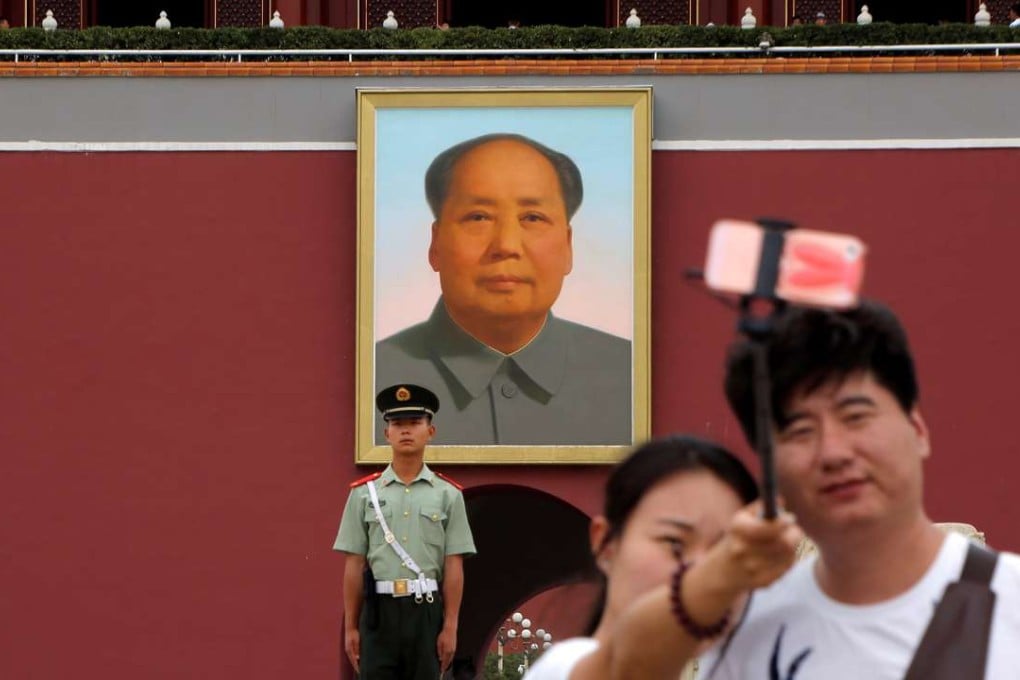What would Mao have made of Xi Jinping’s China?
Jeffrey Wasserstrom says notwithstanding his fondness for quoting Mao, the current chairman’s enthusiasm for Confucian values, for one, would not have impressed

If Mao came back to life, what would he think of a People’s Republic of China filled with mega malls, millionaires and multiplexes?
Some biographers treat Mao Zedong (毛澤東), who was born in December 1893 and died in September 1976, as a figure who changed little over time. I find more persuasive, however, works that see a Mao of the New Culture Movement era as separable from a Mao of the Long March, the Civil War and first years of the People’s Republic, and distinguish both this young Mao and middle-aged Mao from the older figure responsible for the disastrous Great Leap Forward and chaotic Cultural Revolution decade.
Cultural Revolution, 50 years on

Mao Zedong was no god, says Xi Jinping, in delicate balancing act
So, starting with the youngest Mao, what would the New Culture Movement intellectual think of Xi? He would find it strange that Xi claims to be carrying forward the ideals of the Chinese revolution yet also treats Confucius as a sage to be revered. Some of Mao’s first writings, after all, criticised Confucian ideas about marriage and the family, presenting them as backward notions that needed to be jettisoned if China were to progress.
A young Mao would also object to the way current government propaganda warns of the pernicious quality of “Western ideas”, since he felt, like other New Culture Movement intellectuals, that China would be best served by being open to novel notions coming from any part of the world.
A Mao circa 1950 would be heartened to discover that the Communist Party, which in 1949 had driven the Nationalist Party into exile on Taiwan, was still in control of the mainland. He would, though, like his earlier self, find Xi’s appeal to traditional Confucian values peculiar, feeling this made the latest Communist Party leader seem like an old Nationalist one. In the early 1930s, Chiang Kai-shek had launched a “New Life Movement” predicated on the idea that Sun Yat-sen’s goals and Confucian virtues were compatible.
